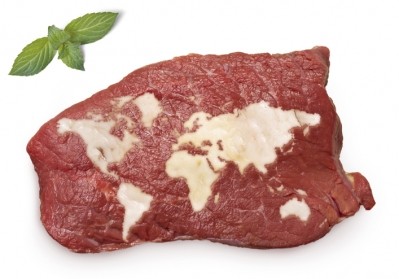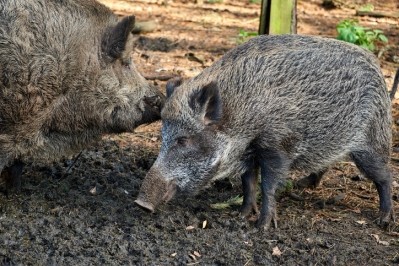COVID-19 is threatening to overtake ASF as the main driver in global pork markets, feed availability no longer a concern

The Dutch bank stressed, though, that raw material supply for swine diets is no longer an issue:
“While there was a concern over the availability of feed and feed additives, this has now eased.”
Logistical headaches
However, the industry faces logistical issues – plant closures, driver shortages, and, significantly, reduced shipping, noted the market specialists.
“The disruption of trade flows now represents the biggest challenge for global pork markets which is mainly due to reduced shipping availability.”
Ship movements between Asia and Europe are reportedly down 20%, said Rabobank, adding that movements between North America and Asia are down 10%.
“This shift will require changes in inventory management, adding cost to trade.”
The spread of the COVID-19 is causing employee shortages at manufacturing facilities, while protocols in place to minimize infection at plants is reducing their capacity, said the analysts.
This is particularly a challenge in the US, they reported.
The shift from foodservice to food retail has benefited products such as sausages but the bacon sector, in the US, which has greater exposure to foodservice, is suffering from the COVID-19 linked closure of that sector, said Rabobank.
Outlook for top pork producing regions
Rabobank said the outlook for European pork production is volatile, due to both the ASF threat and Covid-19 production issues, but Asian demand drove a 25% YOY increase in exports, helping offset such disruption.
Two cases of ASF at commercial barns in Poland on the border with Germany raise new concerns, said the analysts.
In the US, the pork plant closures, and weak foodservice demand are driving a sharp market downturn
“Two plant closures and critical labor shortages at many others created uncertainty and forced a 35% drop in hog prices in recent weeks. This has created a backlog of hogs, which will quickly reach critical levels given record supplies. Pork values have dropped but have seen some support from exports.”
In Brazil, exports continue at a strong pace, said the Rabobank team.
Despite Covid-19 disruption, pork exports remain strong, driven by demand from China.
“Weakness in the BRL and a shortfall in supply in Asia will support continued growth, helping to offset weaker domestic markets.”
But Brazilian producers face higher corn costs, which should limit production, they cautioned.








